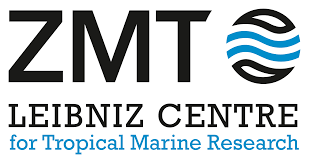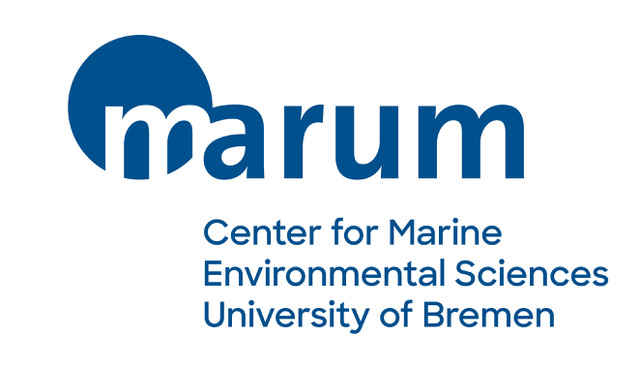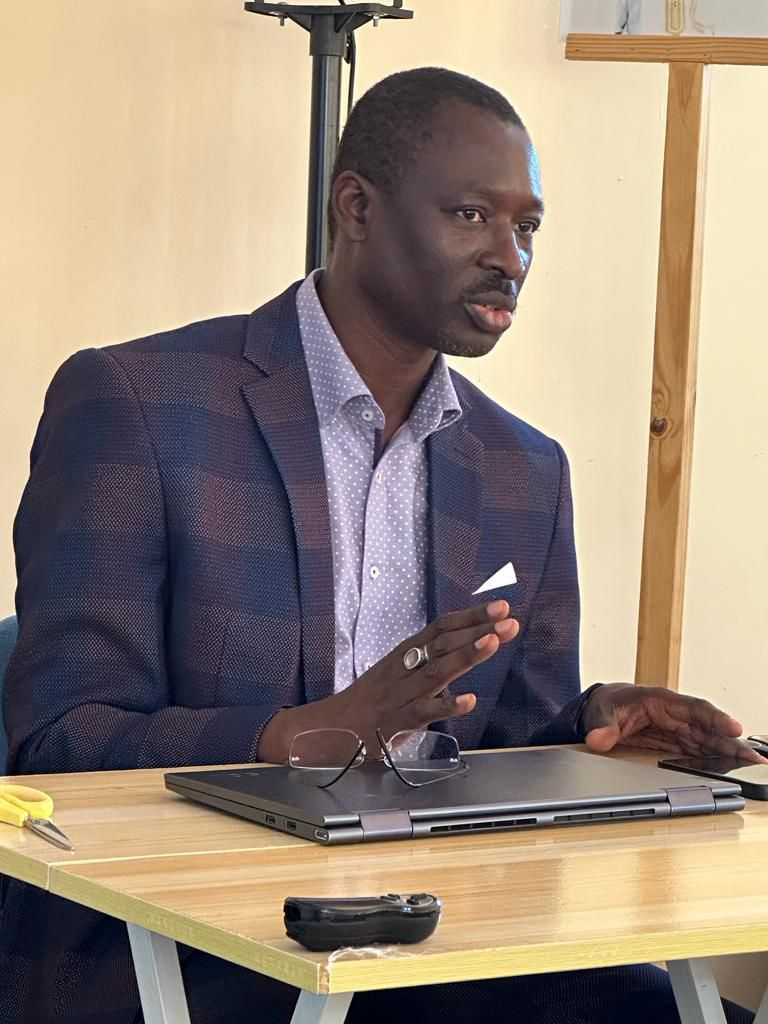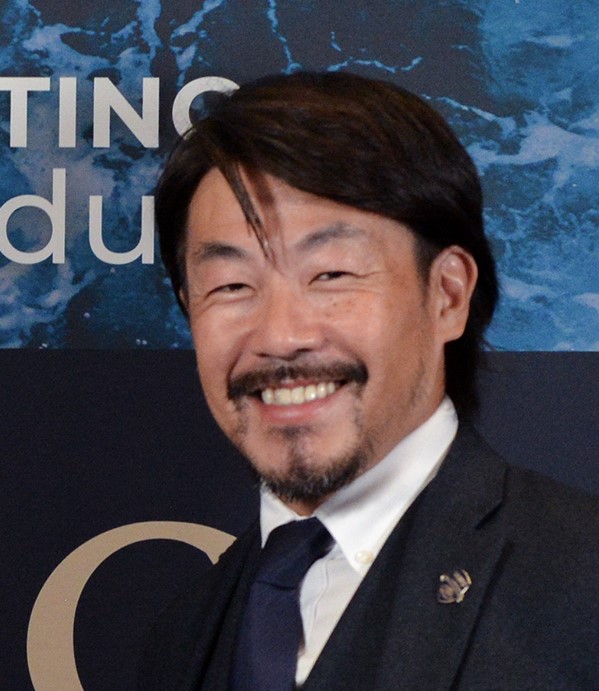The Development of a Systematic, Holistic and Transdisciplinary Energy Management Framework to Promote Environmentally Sustainable Shipyards
When I made the decision to embark on the journey of pursuing both my MScand PhD degrees, the World Maritime University (WMU) beckoned me for severalcompelling reasons. Foremost among these was WMU's sterling reputation as aworld-class institution within the maritime sphere, a factor that wieldedsignificant influence over my choice. Given my extensive background as a seniorprofessional in the maritime operational field, having held the role of acaptain, I was in search of an academic environment that could serve as a nexusfor both enriching my knowledge and providing a platform for the disseminationof my wealth of industry experience.
WMU's unwavering commitment tomaritime education, coupled with its resolute emphasis on bridging the realmsof academia and industry, deeply resonated with me. It became evident that WMUwas the perfect crucible for my transformation from a career entrenched inmaritime operations to one flourishing within academia. The University'sstoried tradition of nurturing and producing experts and leaders within themaritime sector further solidified its standing as the ideal choice for myeducational pursuits.Furthermore, WMU's distinctive interdisciplinary approachto maritime studies served as an irresistible attraction.
My research focus during my tenureat WMU was centered on the pivotal subject of achieving net-zero emissions inthe maritime sector, encompassing both offshore and onshore infrastructures,including ports and shipyards. This particular research avenue held greatappeal for me due to its unique capacity to amalgamate my extensive practicalexperience as a captain within the maritime operational field with the rigorousacademic environment provided by WMU. The maritime industry is inherentlydynamic, constantly undergoing transformative changes, and I was deeplyconvinced that my research endeavors could significantly contribute toenhancing sustainability within this vital sector. The prospect of influencingpositive change by addressing contemporary challenges and emerging trends inthe maritime industry, all closely aligned with my professional background,served as a compelling motivation for my choice of research focus.
One of the most memorable aspectsof my WMU experience has undoubtedly been the University's vibrant andinclusive interdisciplinary environment. Engaging with both faculty members andfellow students hailing from diverse backgrounds and nationalities has been anincredibly enriching facet of my academic journey. This inclusive atmospherehas offered me a unique opportunity to gain fresh insights and perspectivesthat would have remained undiscovered within the confines of a purely industry-focusedsetting. The collaborative exchange of ideas across various maritimedisciplines has proven to be invaluable, expanding my horizons and enriching myeducational experience. Additionally, the regular involvement in thoughtfuldiscussions, seminars, and workshops focused on globally relevant maritimetopics has served as a consistent source of inspiration throughout my time atWMU. The University’s unwavering dedication to cultivating a global network ofmaritime experts has allowed me to establish meaningful connections withprofessionals and scholars from across the world. These connections have notonly broadened my academic horizons but have also added a global dimension tomy educational journey, enhancing its depth and significance.
Upon graduation, I was awarded aprestigious research fellowship in sustainability, energy, and the pursuit ofnet-zero emissions within the maritime industry at the esteemed University ofSouthampton in the United Kingdom. This exciting opportunity marks the nextphase of my academic and maritime journey. I remain passionately committed tocontinuing my exploration of academia and the maritime sector, building uponthe invaluable knowledge and experience I acquired during my time at WMU. Myprimary objective is to contribute significantly to the advancement of thezero-emission maritime industry, a pivotal and transformative sector within ourglobal community.

















